PREVIEW
Guests heard on Volume 144
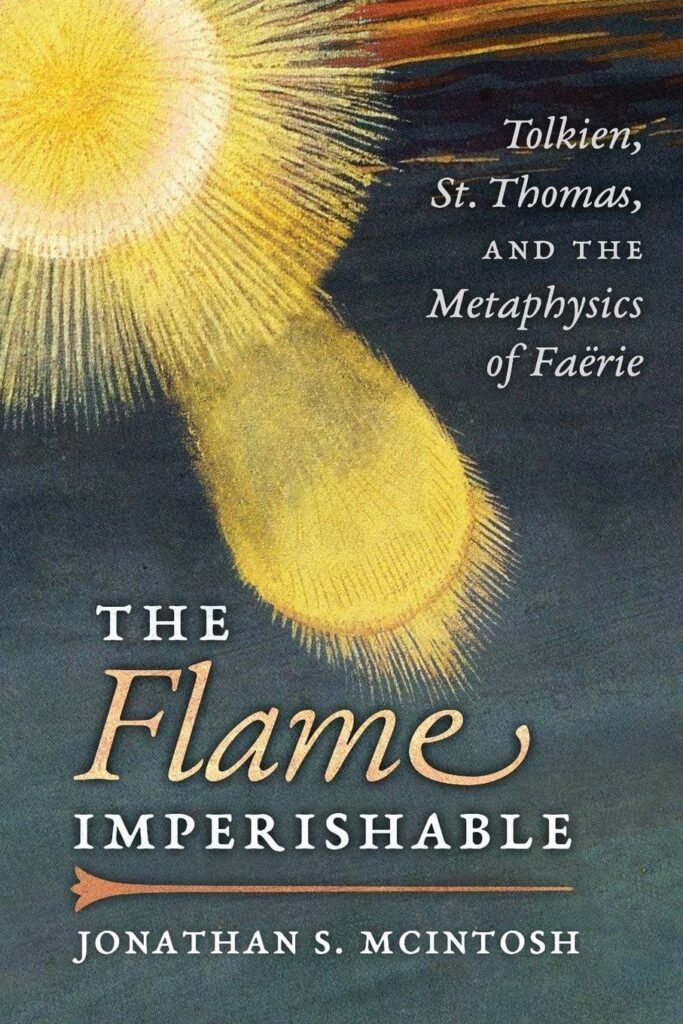
Jonathan McIntosh, author of The Flame Imperishable: Tolkien, St. Thomas, and the Metaphysics of Faerie, on the influence of St. Thomas Aquinas’s metaphysical ideas on the work of J. R. R. Tolkien (Archive Feature available)
read more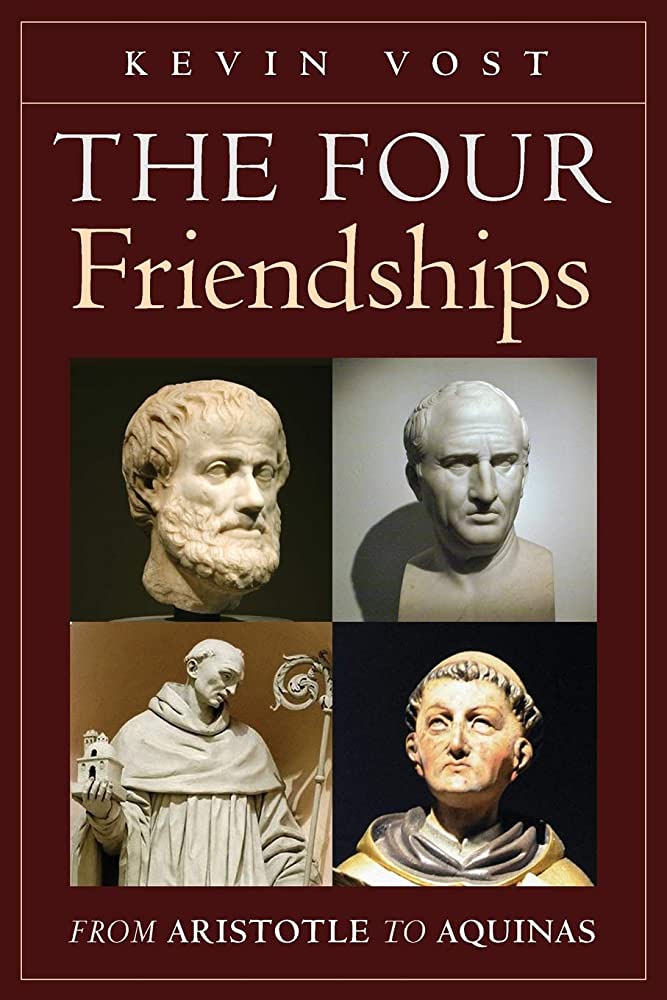
Kevin Vost, author of The Four Friendships: From Aristotle to Aquinas, on the history of thinking about friendship in Patristic and Medieval Christian thought
read more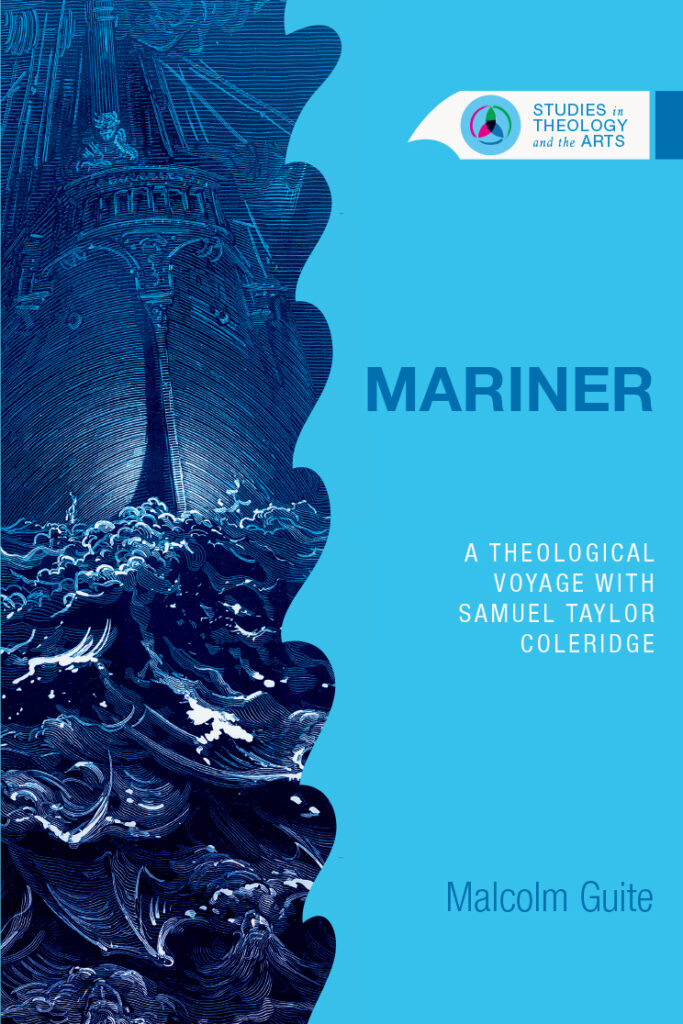
Malcolm Guite, author of Mariner: A Voyage with Samuel Taylor Coleridge, on wisdom from Samuel Taylor Coleridge about reason and the imagination
read more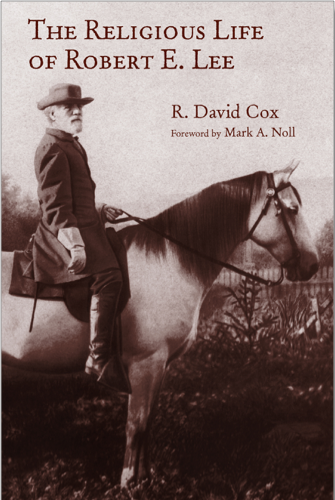
R. David Cox, author of The Religious Life of Robert E. Lee, on the influence of the Virginia Episcopalian tradition on the religious life of Robert E. Lee
read more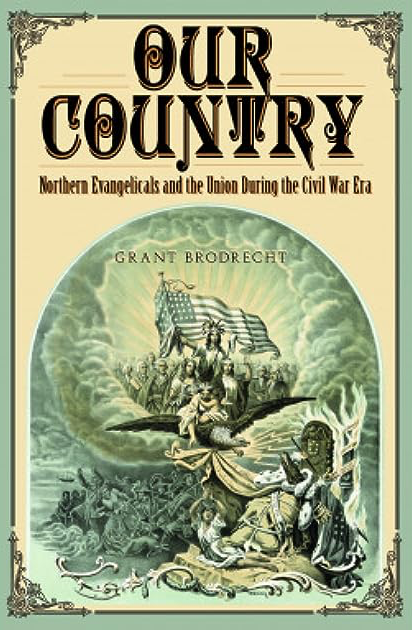
Grant Brodrecht, author of Our Country: Northern Evangelicals and the Union during the Civil War Era, on why Civil War-era evangelicals in the North placed such a high value on preserving the Union
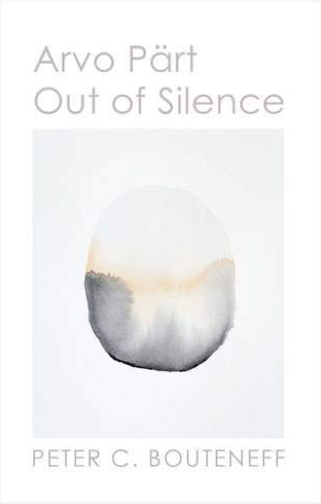
Peter Bouteneff, author of Arvo Pärt: Out of Silence, on the theological richness of the music of Arvo Pärt (Archive Feature available)
read moreRelated reading and listening
- Knowing and doing the good — Oliver O’Donovan raises several key questions and complications involved in the task of taking concrete and practical action toward a recognized moral good. (Lecture 3 of 3; 63 minutes)
- Attentiveness to the world, the self, and time — Oliver O’Donovan uses the metaphor of waking to discuss the concept of moral sensibility as attention to the world, the self, and time. (Lecture 1 of 3; 60 minutes)
- A life well lived — In this essay, Stanley Hauerwas explains the breadth and depth of Alasdair MacIntyre’s thought, the goal of which was to help people to act intelligibly and live morally worthy lives. (40 minutes)
- How the Enlightenment blinded us — Alasdair MacIntyre on the dependence of rationality on a lived tradition
- It takes a character (and a village) — Herbert McCabe, O.P. on the Aristotelian, Thomistic, and MacIntyrean account of the moral life
- The Transformed Vision of Samuel Taylor Coleridge — Poet Malcolm Guite explores the dramatic and even prophetic parallels between the life of Samuel Taylor Coleridge and that of the titular character in his famous poem “The Rime of the Ancient Mariner.” (59 minutes)
- Politics and the good —
FROM VOL. 160 D. C. Schindler argues that political order cannot be disentangled from the social, and that fundamental questions of what humans are and what the good is cannot be bracketed from politics. (30 minutes) - The dramatic ecstasy of reason —
FROM VOL. 120 D. C. Schindler argues that the Enlightenment was not wrong for giving too much to reason; it was wrong in endorsing an impoverished conception of reason. (19 minutes) - The idiom for the revelation of mystery — Dana Gioia on the foundational place of poetry in Christian faith
- Breaking the frozen sea — Dana Gioia on how poetry enchants
- Mars Hill Audio Journal, Volume 164 — FEATURED GUESTS: Dana Gioia, Brady Stiller, Robert Royal, Richard DeClue, Tiffany Schubert, and Joonas Sildre
- Flannery at 100 — In honor of Flannery O’Connor’s 100th birthday, we have gathered here an aural feast of interviews with O’Connor scholars and aficionados discussing her life, work, and faith. (3 hours, 28 minutes)
- Ideas made incarnate — In this lecture, Karen Swallow Prior examines the power of great literature to shape lives, nourish imaginations, and develop a vision of the good life. (43 minutes)
- Discipline and piety — Bishop Robert Barron on Aquinas, the man
- St. Thomas the anthropologist — G. K. Chesterton on Aquinas’s complete Science of Man
- The collaboration of bodies and minds — F. C. Copleston on Aquinas’s confidence in the embodied nature of knowledge
- A brief for “prophetic Thomism” — David Decosimo on assuming a charitable posture toward pagan virtue
- Insights from St. Thomas’s biblical exegesis — Jason Paone explains how St. Thomas’s commentaries reveal the saint’s personality, his rhetorical flair, and the Christocentric vision that underlie all his work. (24 minutes)
- Wonder, being, skepticism, and reason —
FROM VOL. 135 Matthew Levering talks about the long and rich tradition of reasoning about God. (23 minutes) - Economics and personhood —
FROM VOL. 147 Mary Hirschfeld argues that modern economics makes some fundamental assumptions about personhood, material goods, and God that prevent the development of a truly human understanding of economic life. (20 minutes) - Metaphysics and sub-creation —
FROM VOL. 144 Jonathan McIntosh claims that scholarship has tended to ignore the depth of St. Thomas Aquinas’s influence on J. R. R. Tolkien’s work. (28 minutes) - The need to recollect ourselves as whole persons — In this 2016 lecture, John F. Crosby explores key personalist insights found in the thinking of John Henry Newman and Romano Guardini. (60 minutes)
- Knowing by heart — D. C. Schindler reflects on Plato’s idea of “conversion” in education, assuming the symbol of the heart as the center of man. (39 minutes)
- Music, silence, and the order of Creation — In this lecture, Ken Myers explains how it is that our participation in harmonic beauty in music is a kind of participation in the life of God, in Whom all order and beauty coheres and is sustained. (61 minutes)
- Seven Messianic titles, seven attributes of Christ — Ken Myers introduces listeners to four composers who each have set all seven of the O Antiphons to music. (17 minutes)
- A prophetic “wake-up call” — In this 2024 lecture honoring the bicentennial of George MacDonald’s birth, Malcolm Guite explores MacDonald’s power to awaken readers’ spirits and effect in them a change of consciousness. (59 minutes)
- Perceiving truths that dazzle gradually — Rolland Hein on lessons from George MacDonald about the imagination as a spiritual faculty
- Foolishness, gravity, and the Church — In this essay, Albert L. Shepherd V explains why George MacDonald’s story “The Light Princess” is meant for “all who are childlike in faith and imagination.” (8 minutes)
- Victorian ideas about belief and doubt —
FROM VOL. 148 Timothy Larsen situates George MacDonald within a Victorian understanding of faith and doubt. (17 minutes) - How fantasy restores the world — In this 2019 lecture, Alison Milbank shows how fantasy can help restore to us a vision of human flourishing that counters the atomization and meaninglessness of modern life. (43 minutes)
- William Cowper: Reconciling the Heart with the Head — Daniel E. Ritchie discusses the life and work of poet William Cowper (1731–1800), comparing his commitment to understanding reality through personal knowledge, intuition, and rigorous contemplation with the thought of Michael Polanyi. (43 minutes)
- Apprehending the enduring things — Vigen Guroian explains how children’s literature has the capacity to birth the moral imagination in our children, affirming for them the permanent things. (53 minutes)
- Recovering the primacy of contemplation — Augusto Del Noce finds in St. Augustine resources to diagnose the fatal flaw in progressivism
- Mars Hill Audio Journal, Volume 162 — FEATURED GUESTS: Mark Noll, R. Jared Staudt, Paul Weston, William C. Hackett, Hans Boersma, and David Paul Baird
- “A society of friends at work” — Political philosopher Andrew Willard Jones lays out a robust vision for a just society in which virtues are formed in an analogical manner through relational obedience and trust. (71 minutes)
- Prudence in politics —
FROM VOL. 146 Henry T. Edmondson, III talks about Flannery O’Connor’s understanding of political life, which was influenced by a range of thinkers including Aristotle, Thomas Aquinas, Eric Voegelin, and Russell Kirk. (19 minutes) - The artist’s commitment to truth — Fr. Damian Ference, author of Understanding the Hillbilly Thomist, explores the depths to which Flannery O’Connor was steeped in Thomistic philosophy. (18 minutes)
- Flannery O’Connor and Thomistic philosophy — Fr. Damian Ference explores the depths to which Flannery O’Connor was steeped in Thomistic philosophy, as evidenced by her reading habits, letters, prayer journal, and, of course, essays and fiction. (48 minutes)
- The historian’s communal role as storyteller —
FROM VOL. 127 Historian Christopher Shannon discusses how American academic historical writing presents a grand narrative of progressivism, which it defends by subscribing to an orthodoxy of objective Reason. (21 minutes) - What does it mean to be a creature? — Canon-theologian Simon Oliver explains how and why the doctrine of Creation is cardinal and must frame all theology. (62 minutes)
- Universities as the hosts of reciprocating speech — Robert Jenson on how the Christian understanding of Truth in a personal Word shaped the Western university
- Friendship and life together — In a lecture at Providence College, Ken Myers explores how the concept of friendship, which used to be central to political philosophy, was banished from considerations of public life as the state was exalted over society. (53 minutes)
- Developing a Christian aesthetic — In the inaugural lecture for the Eliot Society, titled “Faithful Imaginations in a Meaningful Creation,” Ken Myers addresses the question of the relationship between the arts and the Church. (59 minutes)
- The Life was the Light of men — In a lecture from 2018, Ken Myers contrasts the Enlightenment’s understanding of reason with the Christocentric conception of reason. (57 minutes)
- The rediscovery of meaning — Poet and theologian Malcolm Guite explains Owen Barfield’s idea of the development of consciousness over time, an evolution made evident through language that reveals an earlier, pre-modern way of seeing the world. (63 minutes)
- Brodrecht, Grant R. — FROM THE GUEST PAGE: Grant Brodrecht is History Department Head and Instructor at The Geneva School, Casselberry, Florida. His areas of interest are in political, intellectual, and religious history.
- What hath Hobbiton to do with Jerusalem? — Holly Ordway on the pre-Christian religion in Middle-earth
- In the image of our devices? — In light of the history of the meaning of intellectus, D. C. Schindler questions the use of the word “intelligence” to describe systems employing large language models. (18 minutes)
- McIntosh, Jonathan — FROM THE GUEST PAGE: Jonathan McIntosh is a Fellow of Humanities, New Saint Andrews College. He holds a Ph.D. in philosophy from the University of Dallas, and teaches courses in politics, economics, philosophical theology, ethics, medieval thought, and Tolkien.
- Bouteneff, Peter — FROM THE GUEST PAGE: Peter Bouteneff teaches courses in theology, spirituality, and the arts at St. Vladimir’s Orthodox Theological Seminary, where he is Professor of Systematic Theology and founding director of the Institute of Sacred Arts.